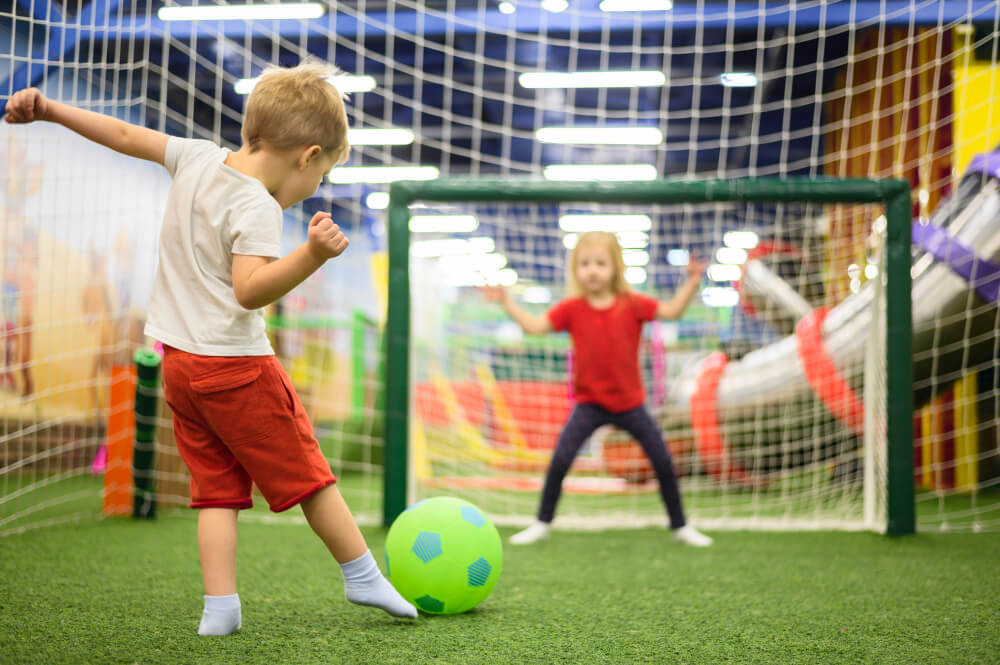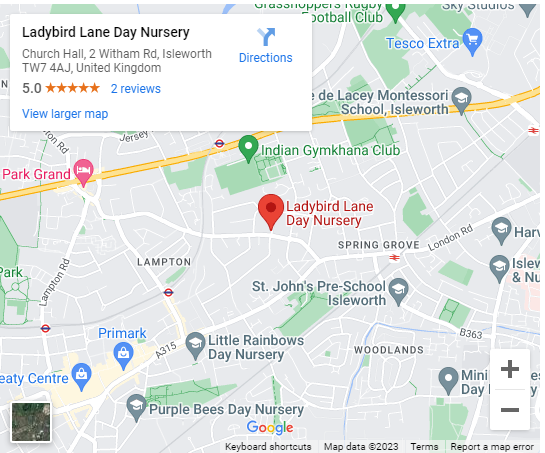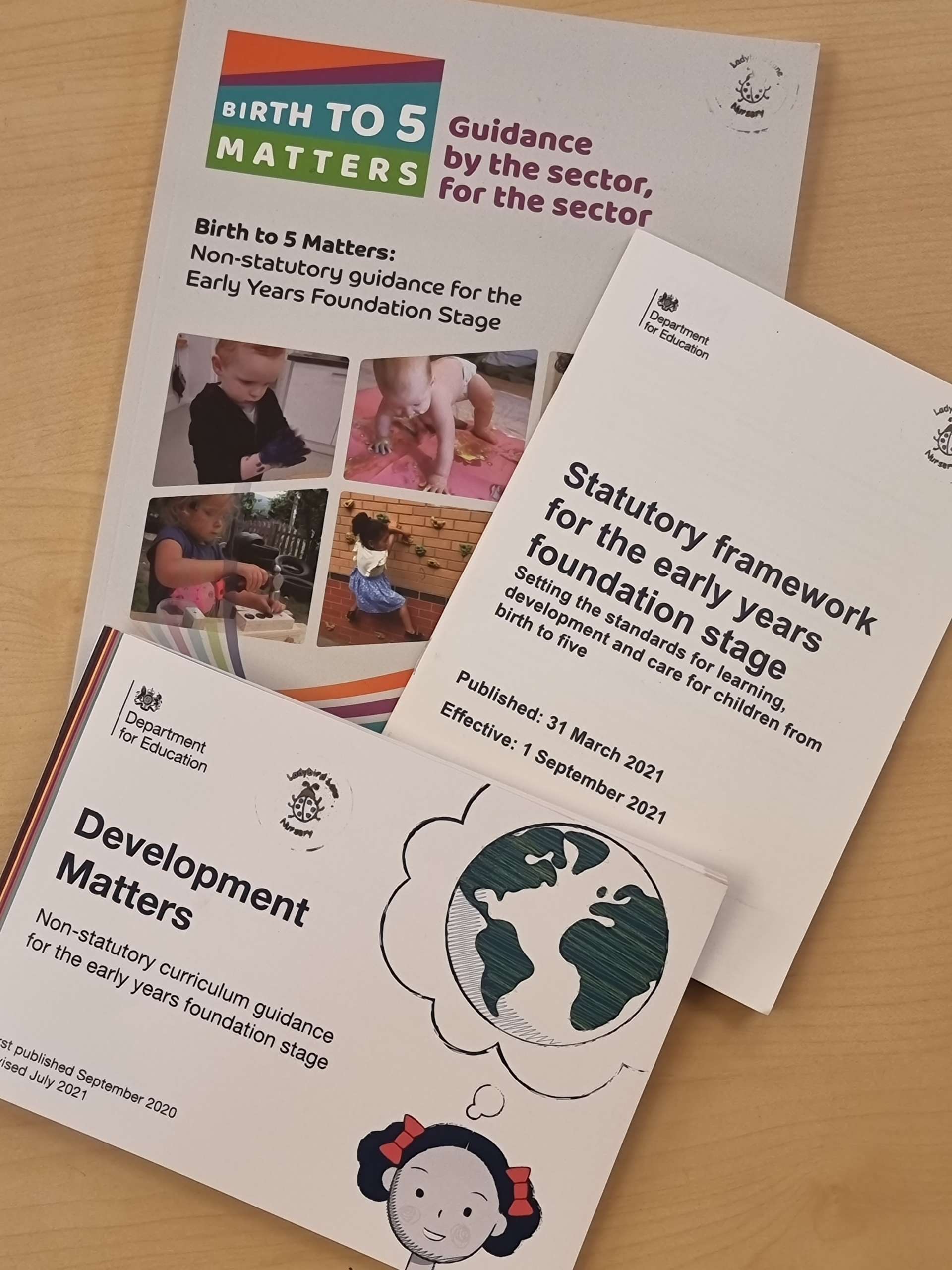
Who is the framework for?
- Local authority-maintained schools
- Non-maintained schools (schools not maintained by a local authority)
- Independent schools academies and free schools nurseries
- Private day nurseries
- Private nursery schools, pre-schools, playgroups and childminders
Ofsted carry out inspections and report on the quality and standards of your Early Years setting using Early Years Foundation Stage.
If you would like to check a settings Ofsted report, these are published at www.gov.uk/ofsted.






 Parent Handbook (246 Kb)
Parent Handbook (246 Kb)  download
download Policies & Procedure
Policies & Procedure  Terms & Condition
Terms & Condition  Monthly Billing Chart (95 KB)
Monthly Billing Chart (95 KB) 
